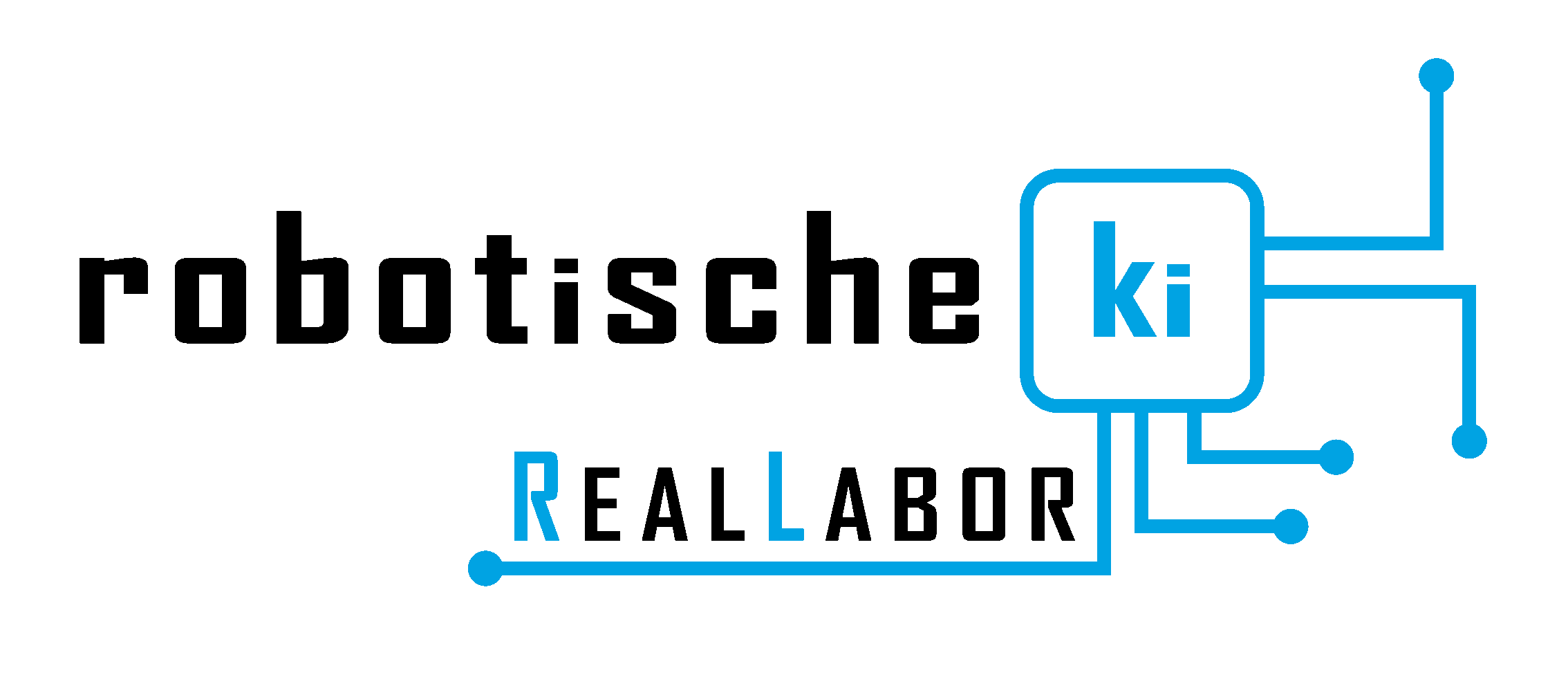
Real-World Lab Robotics AI
- Contact:
- Funding:
Baden-Württemberg Ministry of Science, Research and the Arts as part of the state's "digital@bw" digitization strategy
- Partner:
Prof. Tamim Asfour (IAR)
Prof. Armin Grunwald & Dr. Linda Nierling (ITAS)
Prof. Alex Waibel (ISL) - Start Date:
2021
- End Date:
2023
Real-world labs are a new research format where researchers from research institutions partner with people from the general public to work on solutions for pressing societal problems. Usually, real worlds labs work on topics in sustainability research and aim to initiate transformation processes. The real-world lab Robotics Artificial Intelligence transfers this research format to developing new technologies.
The real-world lab Robotics Artificial Intelligence offers citizens of Karlsruhe the opportunity to engage with humanoid robots as embodied artificial intelligence (AI) and to contribute to their further development. Robots are deployed in a kindergarten, high schools, museums and hospitals, inviting
experiment participants to gain experience with humanoid robots, to reflect on their experience with researchers, assess it and share ideas. This way a bidirectional exchange of knowledge and experience is created, where society becomes more aware of AI technologies and contributes
to developing robots that are actually wanted and needed.

Clean Circles - Iron as an Energy Source for a Climate-Neutral Circular Economy
- Contact:
- Funding:
Hessian Ministry of Higher Education, Research, Science and the Arts
- Partner:
German Aerospace Center (DLR)
Technical University of Darmstadt
Darmstadt University of Applied Sciences
Johannes Gutenberg University Mainz
Karlsruhe Institute of Technology - Start Date:
February 2021
- End Date:
January 2025
One of the major challenges in the transition to sustainable energy is the storage and transport of renewable energy due to its intermittent nature. The Clean Circles project contributes to the solution by evaluating carbon-neutral energy storage and transport in iron and other metals. Iron is feasible for baseload energy supply, complementing local renewable energy sources that are dependent on wind and/or solar conditions. We show that both technological innovation and participation in international environmental agreements have been crucial in driving the energy transition in developed and developing countries. We present our results at international conferences, and several papers are in preparation and will soon be available as working papers.
Completed Projects
| Title | Contact Person |
|---|---|
| Ganzheitliche Erfassung von Innovations-Ökosystemen: Erfassung formeller, informeller und nicht-kodifizierter Austauschbeziehungen in Innovationssystemen | Prof. Dr. Ingrid Ott, Fenja Scheu |
| Nanotechnology as a Conceptual Framework to Analyze Value Creation Processes beyond Technology | Prof. Dr. Ingrid Ott |
| Expertenkommission Forschung und Innovation | Prof. Dr. Ingrid Ott, David Bälz |
| Fact Book Karlsruhe Oststadt | Prof. Dr. Ingrid Ott, MBA Andrea Hammer |
| Stadtteilstudie Karlsruhe | Prof. Dr. Ingrid Ott, MBA Andrea Hammer |
| Biotechnologie und Internationalisierung | Prof. Dr. Ingrid Ott |
| Converging Institutions | Prof. Dr. Ingrid Ott, Dipl. -Oec. Torben Zülsdorf, M.A. Sabine Könninger |
